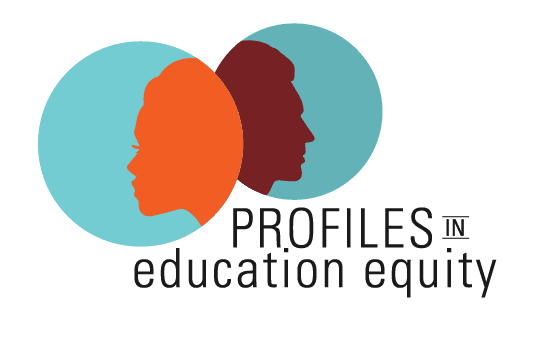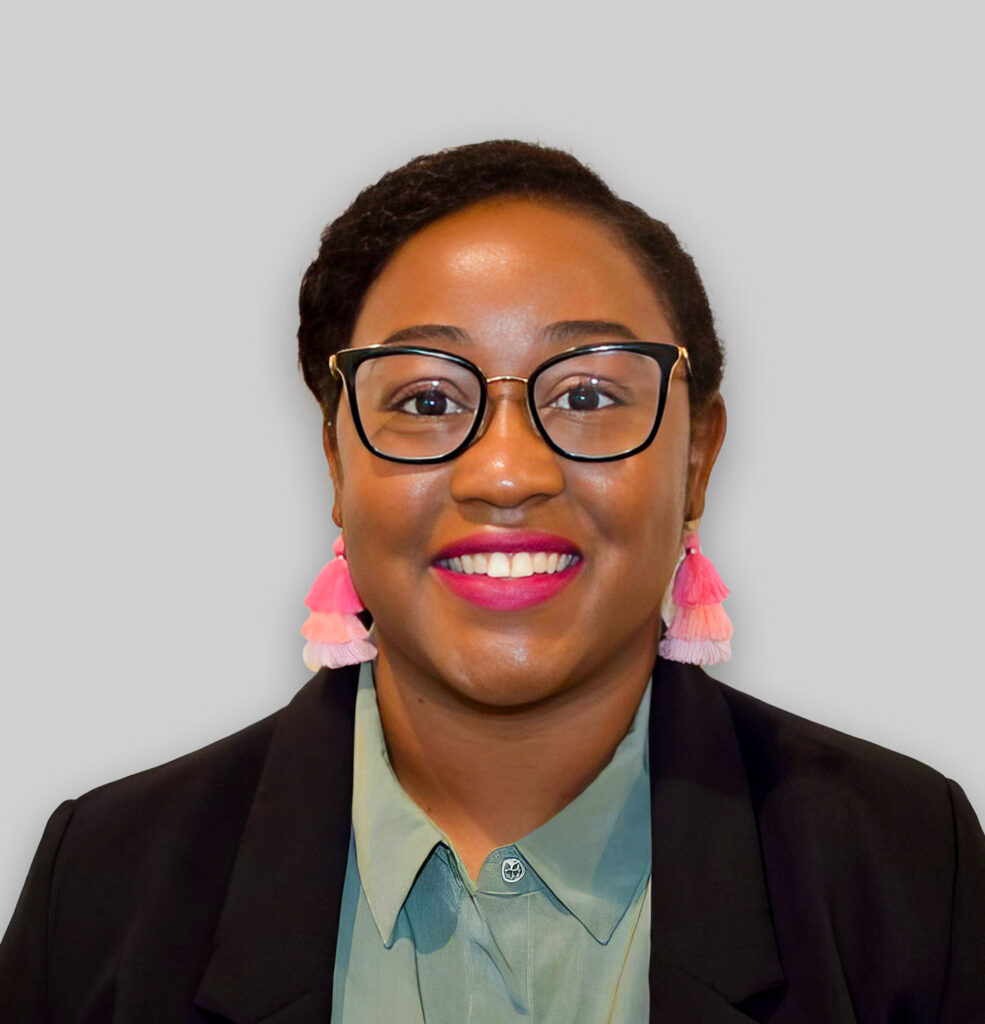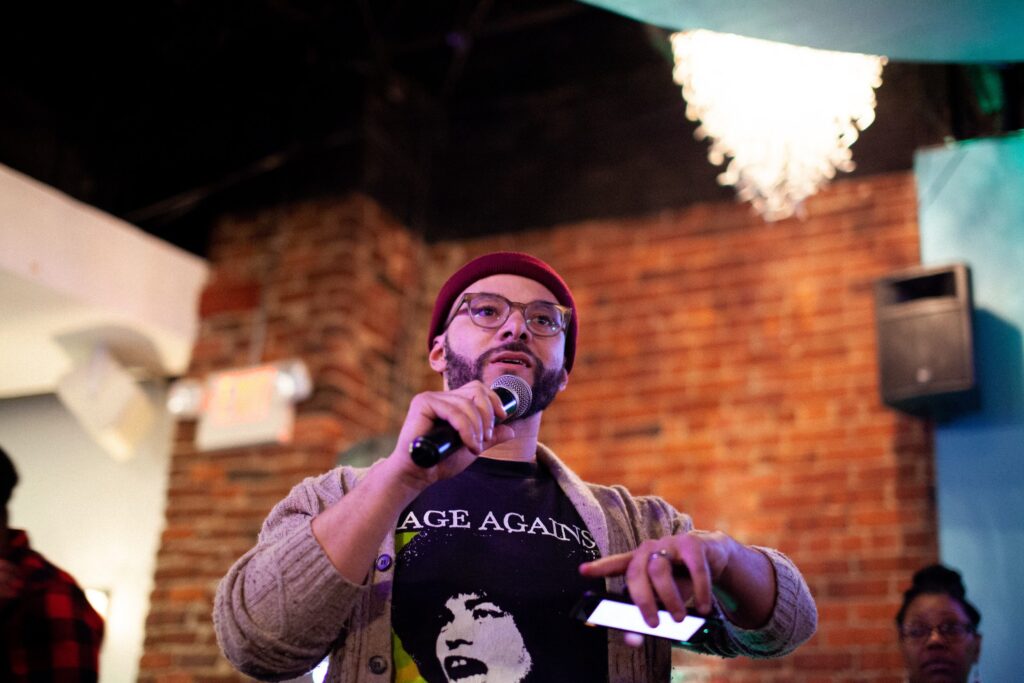Ed Trust is pleased to announce Jonathan Feinstein as the state director for Texas. Jonathan brings more than 15 years of experience in education as a teacher, organizer and nonprofit leader. Prior to joining Ed Trust, Jonathan worked at Commit Partnership, where he led community engagement and advocacy efforts to bring together a wide range of systems leaders and directly impacted stakeholders to improve cradle-to-career outcomes for students in Dallas County. Now, he’ll be working with partners in advancing educational equity for students of color and students from low income families across the state. Let’s get to know him a little better.
more than 15 years of experience in education as a teacher, organizer and nonprofit leader. Prior to joining Ed Trust, Jonathan worked at Commit Partnership, where he led community engagement and advocacy efforts to bring together a wide range of systems leaders and directly impacted stakeholders to improve cradle-to-career outcomes for students in Dallas County. Now, he’ll be working with partners in advancing educational equity for students of color and students from low income families across the state. Let’s get to know him a little better.
Describe the landscape in Texas for education and what needs to be done to achieve education equity.
Texas is a large and diverse state that has historically benefited from economic growth despite wide and persistent opportunity gaps. In the most recent 2019 legislative session, lawmakers from both parties recognized that wasn’t a wise strategy for the future and passed a pretty massive and historic piece of school finance legislation. House Bill 3 not only added $6.5 billion into the system but really sought to do so in a way that would achieve more equitable outcomes — by increasing funding for low-income students, early childhood education, dual-language immersion and college and career readiness. It took a diverse range of advocates from across the state, bipartisan leadership and compromise to get that done. And it’s going to take an even stronger coalition and commitment to equity moving forward as the landscape shifts under our feet in the midst of COVID-19. Following the last economic downturn in 2011, Texas cut $5.4 billion from public education. Equity is an easier thing to support during prosperous times, so we need to make sure we have the coalitions and the political fortitude to keep that at the center.
What is the plan in Texas to reopen schools?
So far, the state is leaving it to local school districts to navigate. Some districts are planning for in-person summer school, others are maintaining distance learning and every district is planning for various scenarios for the fall. There are so many logistical challenges to consider and navigate, but any plan needs to intentionally address the disproportionate impact the pandemic is having on students of color and student from low-income families — not just academically but in terms of physical and emotional well-being. Ed Trust’s recent poll data gives voice to the very real challenges teachers, students and families are facing, and we need to address those head on.
What will you be doing in your new role?
We have so many incredible leaders, organizations and coalitions that have been advancing the cause of educational equity for years, so I plan to do as much listening and learning as possible. I want to better understand how Ed Trust can add value to this movement and not duplicate or get in the way of what others already do so well. Ultimately, I see my role as being a bridge builder — across constituencies within our advocacy landscape and across the state — so that we are collectively more effective and more powerful in advancing a clear equity agenda well into the future.
Why Ed Trust?
Over the past couple of years, Ed Trust started to invite Texas delegates to their convenings, and I had the good fortune to attend as a representative of Commit Partnership. Two things happened. First, I got to meet the Ed Trust team, and every interaction just reinforced their incredible talent and unwavering commitment to equity, and racial equity in particular. Second, I got to start building relationships with fellow delegates from across Texas who shared the same qualities. Even with the folks I already knew, we were having very different and necessary conversations. So, when I learned that Ed Trust was going to be establishing a presence in Texas, I just knew I wanted to be a part of continuing that work.
What motivates you to advocate for education equity?
I’m a product of public education. I was born in 1982 in Chapel Hill, North Carolina, and had a relatively desegregated early schooling experience — both in terms of my classmates and educators. I owe a great debt to the educators of color in my life — like Ms. Hines in third grade and Ms. Blackwell in fifth grade — who instilled in me a love of learning. My schooling experience became more and more segregated as I got older, and I witnessed my academic trajectory diverge dramatically from my friends and peers of color. As early as middle school, I noticed this and started asking questions that ultimately led me to become a teacher in an under-resourced middle school in rural North Carolina. Only 45 minutes from where I grew up, I saw these disparities play out in the lives of my students, which pushed me to want to change the systems that keep producing the same unjust results. Over the past eight years in Dallas, I have started to see what is possible when we work collectively to change policies and systems to advance equity. And if we can do this in pockets, I believe that we can do it everywhere, and we shouldn’t rest until we’ve taken it to every corner of our state and country.





 more than 15 years of experience in education as a teacher, organizer and nonprofit leader. Prior to joining Ed Trust, Jonathan worked at Commit Partnership, where he led community engagement and advocacy efforts to bring together a wide range of systems leaders and directly impacted stakeholders to improve cradle-to-career outcomes for students in Dallas County. Now, he’ll be working with partners in advancing educational equity for students of color and students from low income families across the state. Let’s get to know him a little better.
more than 15 years of experience in education as a teacher, organizer and nonprofit leader. Prior to joining Ed Trust, Jonathan worked at Commit Partnership, where he led community engagement and advocacy efforts to bring together a wide range of systems leaders and directly impacted stakeholders to improve cradle-to-career outcomes for students in Dallas County. Now, he’ll be working with partners in advancing educational equity for students of color and students from low income families across the state. Let’s get to know him a little better.

